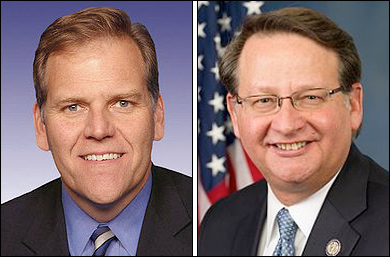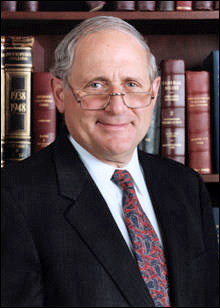Sen. Carl Levin’s (D-MI) retirement announcement has already set the Wolverine State’s political wheels in motion, and the succession picture is much clearer today than at the end of last week.
Maybe In – House Permanent Select Committee on Intelligence chairman Mike Rogers (R-MI-8) and three-term Democratic Rep. Gary Peters (D-MI-14) top the lists of both parties who say they are “seriously considering” entering the Senate race. Should these two meet in a general election, we can expect a tough, hard-fought contest between a pair of strong, veteran campaigners who have both won tough races.
Potential candidates who won’t yet rule out running are Democratic National Committeewoman Debbie Dingell, the wife of Rep. John Dingell (MI-12) who is the Dean of Congress, and second-term Republican Rep. Justin Amash (MI-3). Terri Lynn Land (R), a former secretary of state, also is a possible entrant.
Definitely Out – Republican Congresswoman Candice Miller (R-MI-10), a former two-term Secretary of State who many believe would be the party’s strongest contender, is among a surprisingly large number of potential candidates who have ruled themselves out of joining the open seat contest. In a statement to the Detroit Continue reading >



